“Everything we experience happens in the flow of time from past to present to future . . . we are swimming in the currents of history.” This watery metaphor runs through Reconsidering Reparations, a book about world history, global justice, and the climate crisis.
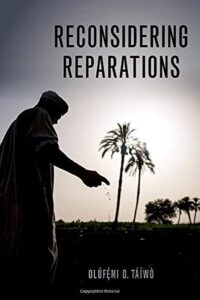 Olúfémi O. Táíwò offers a clear, new case for reparations as a “constructive,” future-oriented project: one that responds to the weight of history’s injustices with just distributions of benefits and burdens. Centuries ago, Táíwò explains, European powers engineered the systems through which advantages and disadvantages still flow. Colonialism and transatlantic slavery forged schemes of injustice on an unprecedented scale — a world order he calls “global racial empire.” The project of justice must meet the same scope.
Olúfémi O. Táíwò offers a clear, new case for reparations as a “constructive,” future-oriented project: one that responds to the weight of history’s injustices with just distributions of benefits and burdens. Centuries ago, Táíwò explains, European powers engineered the systems through which advantages and disadvantages still flow. Colonialism and transatlantic slavery forged schemes of injustice on an unprecedented scale — a world order he calls “global racial empire.” The project of justice must meet the same scope.
Táíwò describes how the global racial empire took up industrialism and fossil fuel burning that now fuse reparations with preventing runaway climate change. Environmental catastrophes echo past injuries. “If we don’t intervene powerfully,” he writes, climate change “will reverse the gains toward justice that our ancestors fought so bitterly for.” But this calculus discourages despair; it demands global resistance.
Reconsidering Reparations suggests policies, goals, and organizing strategies. And it leaves readers with brilliant advice: Act like an ancestor. Do what we can to shape the world we want our moral descendants to inherit, and have faith that they will continue the long struggle for justice. [Adapted from Rethinking Schools description.]
ISBN: 9780197508893 | Oxford University Press, USA

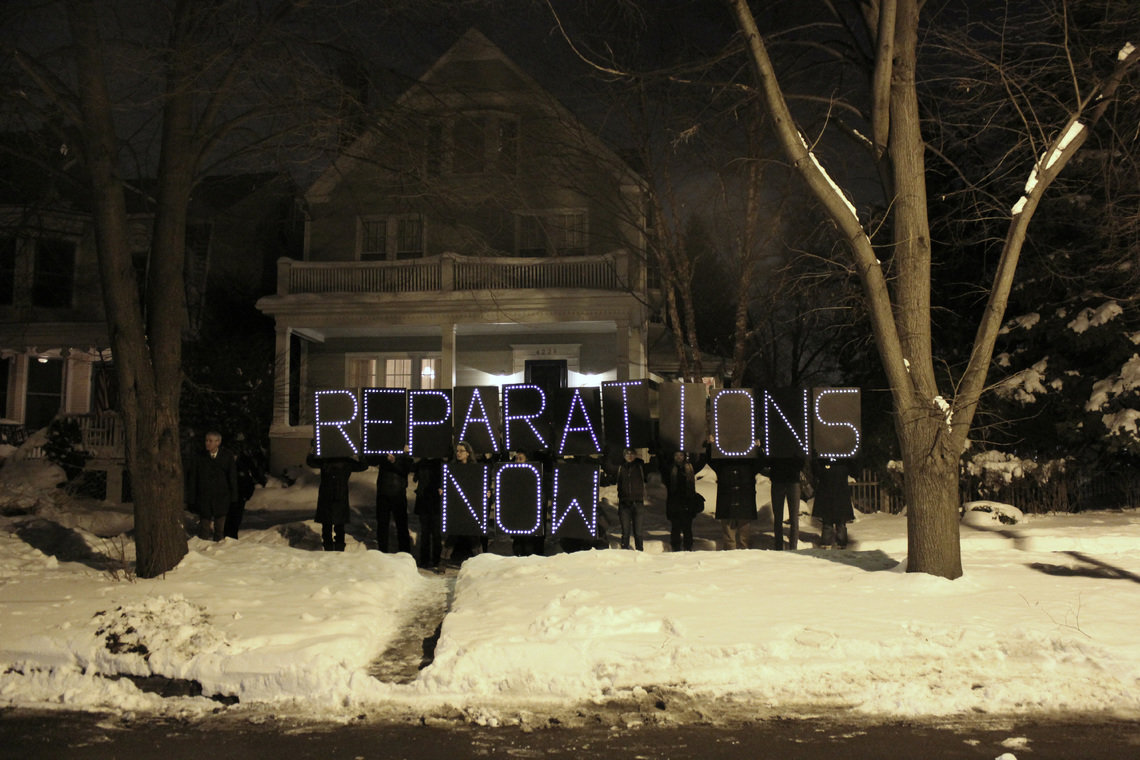
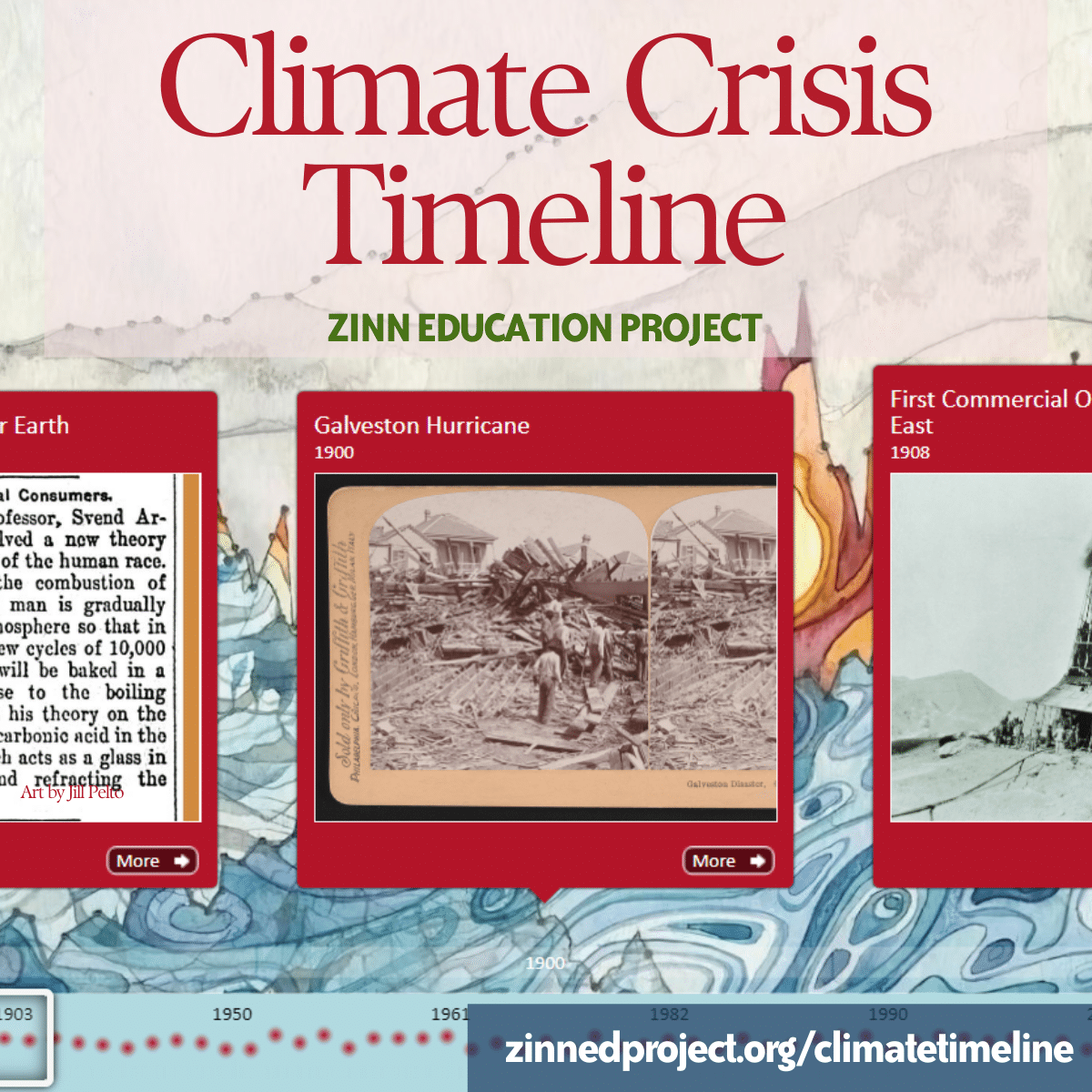
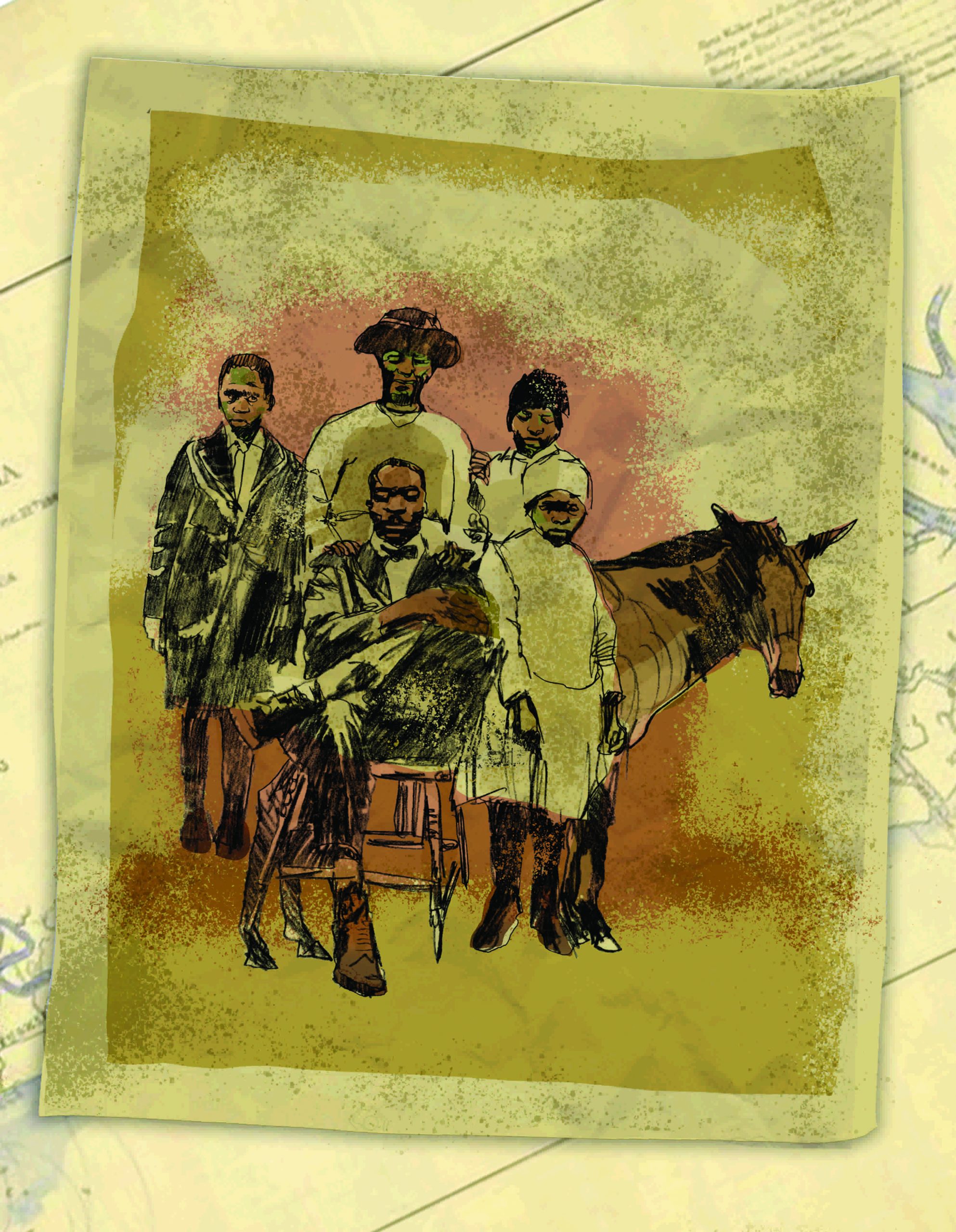
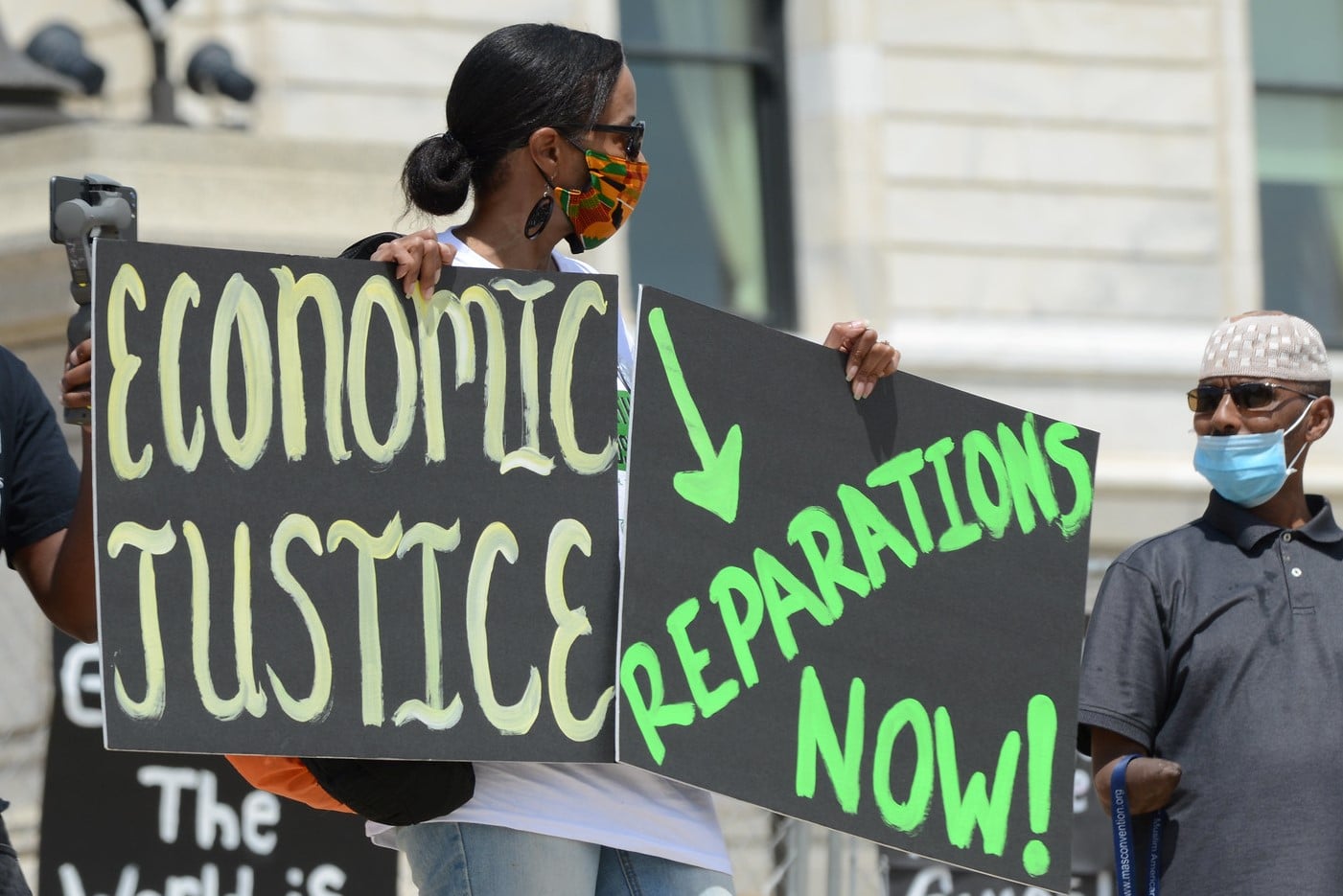
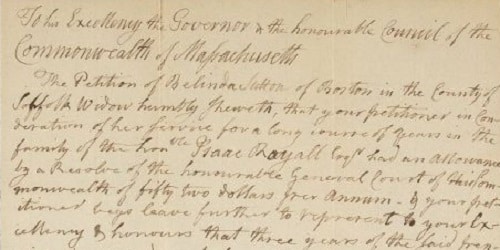
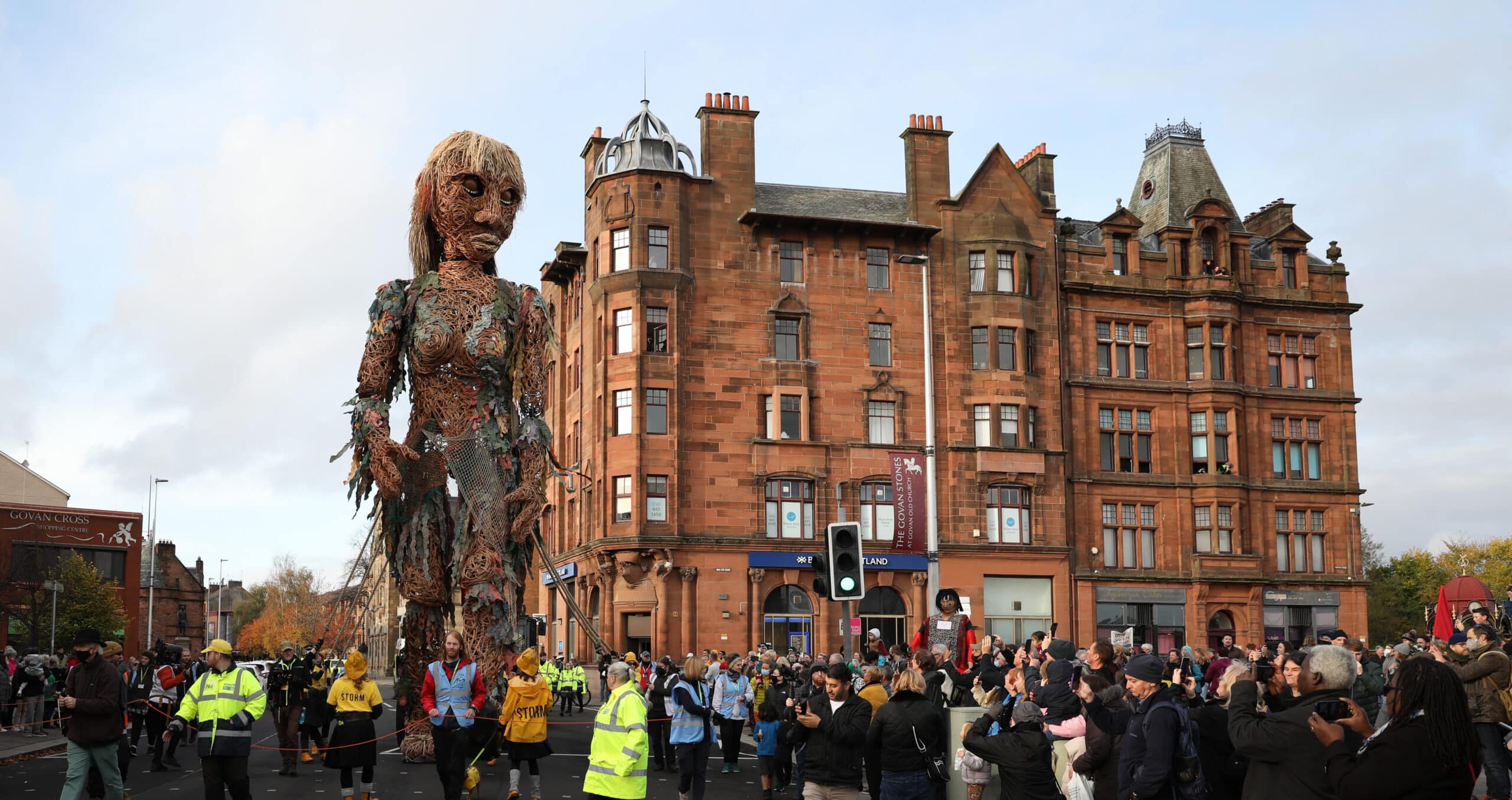






Twitter
Google plus
LinkedIn